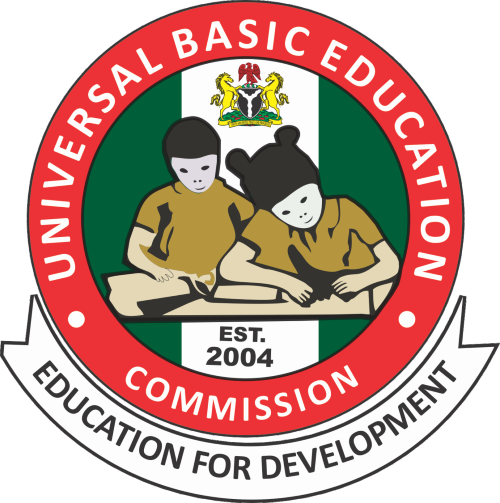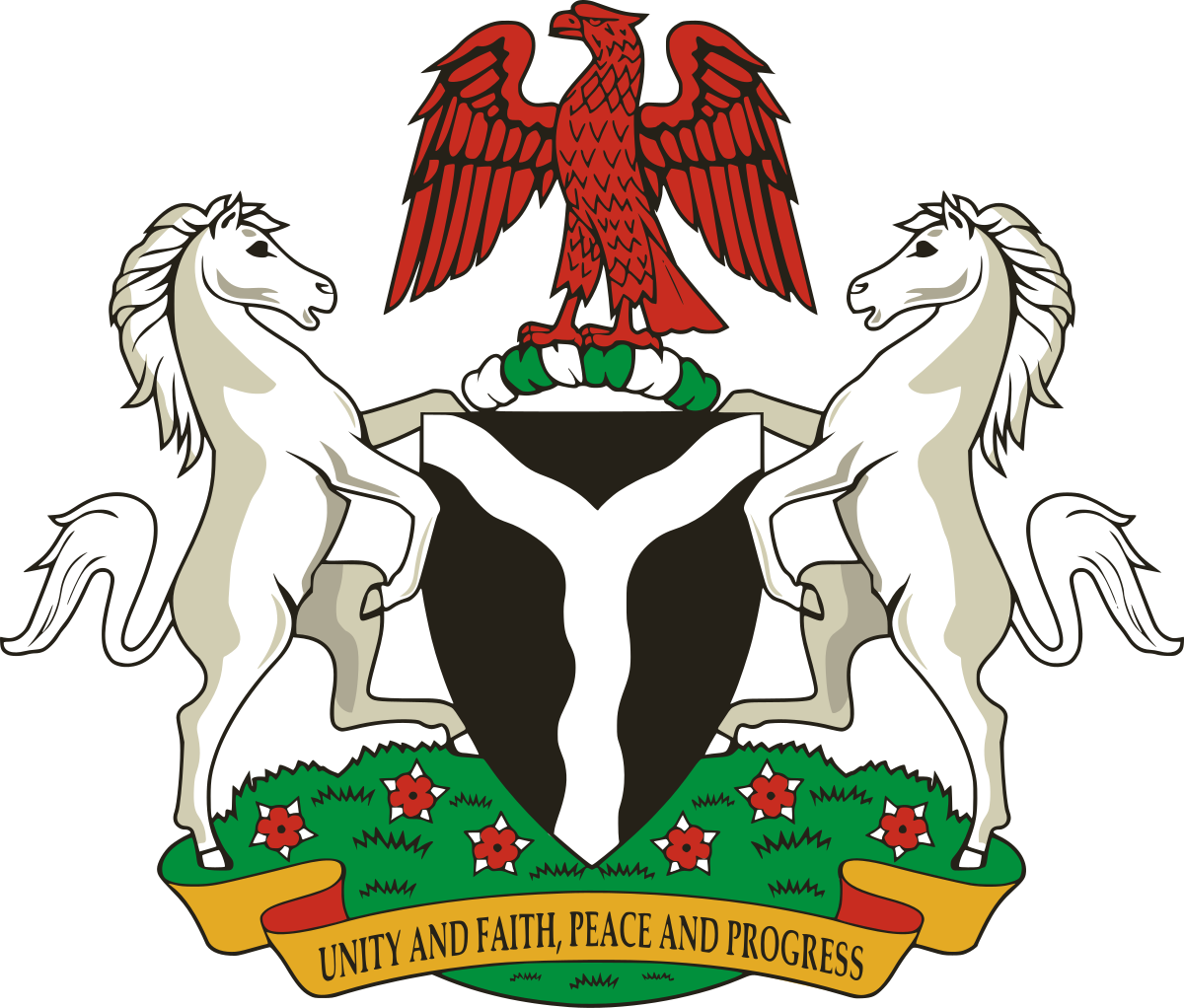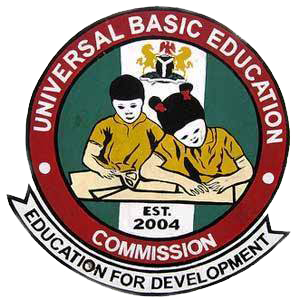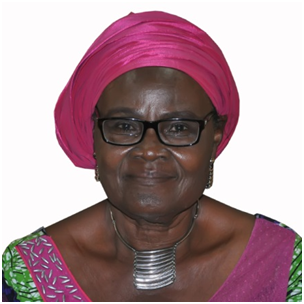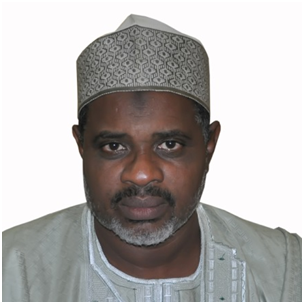INTRODUCTION
The Special Projects Unit is domiciled in the Office of the Executive Secretary. It coordinates activities of all International Development Partners and Donor Agencies involved in the implementation of basic education programmes in Nigeria.
STRUCTURE OF THE UNIT
The Unit is headed by a Deputy Director/Coordinator, Special Projects who reports directly to the Executive Secretary. He, however, works closely with other Heads of Departments and their relevant Technical Officers. He is assisted by three Project Officers and an Assistant Chief Confidential Secretary.
FUNCTIONS OF THE UNIT
The main functions of the Unit are:
- coordinating the implementation of UBE activities in collaboration with multi and bi-lateral agencies; and
- liaising with Donor Agencies, Non-Governmental Organizations and other Development Partners in support of basic education in Nigeria. These are in line with the provision of UBE Act, 2004, Part II, Sections (j) and (r).
- Other functions of the Unit are to:
- coordinate the implementation of all Development Partners‟ support activities in the improvement of basic education in Nigeria;
- coordinate and provide support to Technical Officers in both UBEC and SUBEBs to facilitate the achievement of projects target;
- initiate new projects or support areas for collaboration with International Development Partners; and
- arrange, coordinate and facilitate High Level Donor Coordination meetings in the area of basic education.
UNIT ACTIVITIES
The activities of the Unit include liaising with major International Development Partners collaborating with the Universal Basic Education Commission and providing support for the development of basic education in Nigeria. The projects coordinated by the Unit are as stated below:
The World Bank:
State Education Program Investment Project (SEPIP)
The World Bank has been a long-time partner and is currently supporting the State Education Programme Investment Project in Nigeria. This is an innovation project being piloted in three States: Anambra, Bauchi and Ekiti States. Under this project, funds are disbursed to States after they have achieved and accomplished some pre-determined performance/disbursement indicators called Disbursement Linked Indicators (DLIs). Thus, this is a result-based financing project. UBEC as a statutory Agency charged with the responsibility or coordinating Basic Education in Nigeria has a major role to play.
Additional Financing (AF) of SEPIP is focusing on the need for system strengthening in the North-East States of Adamawa, Bauchi, Borno, Gombe, Taraba and Yobe in addition to the 3 States of Anambra, Bauchi and Ekiti. It is designed to strengthen the educational system by supporting:
- need-based teacher deployment;
- school-level management and accountability; and
- measurement of student learning in the participating States. The institutional arrangement for the SEPIP project designated UBEC as a Technical Assistance provider to the implementing States. UBEC is also the main Monitoring & Evaluation outfit for the project.
Global Partnership for Education (GPE)/Nigerian Partnership for Education Project (NIPEP)
The Global Partnership for Education (GPE) is under the World Bank supervision. The GPE/NIPEP is a 100 million US Dollars grant aimed at assisting Nigeria to achieve EFA goals through increased access and improved quality in basic education. Financing Agreement of the project was signed and ratified by the Federal Ministry of Finance in November 2015. The project is at various stages of implementation in the five States of Kaduna, Kano, Katsina, Jigawa and Sokoto. The major areas of focus in the project are:
- increasing girl-child enrolment and retention through Conditional Cash Transfers (CCT);
- strengthening SBMCs; and
- teacher professional development (TPD) especially on classroom management.
UBEC is designated as a Technical Assistance Provider to the implementing states and the main Monitoring & Evaluation outfit for the project.
Better Education Service Delivery for All (BESDA), Program-forResults (PforR) Operations
Better Education Service Delivery for All, Program-for-Results (PforR) is an operational project that has been requested for by the Federal Ministry of Education from the World Bank in support of the
Ministry‟s Ministerial Strategic Plan (MSP) 2016-2019. The project is a $611m operation to support Pillar I of the MSP, the Out-ofSchool Children. The operation became effective on 22nd January 2018 and focuses on 17 States (Adamawa, Bauchi, Borno, Ebonyi,
Gombe, Jigawa, Kebbi, Kaduna, Kano, Katsina, Niger, Oyo, Rivers, Sokoto, Taraba, Yobe and Zamfara States) with the highest number of out-of-school children.
Skill “G” Project Skill „‟G‟‟ is one of the companies established for educational development in Nigeria. Their functions include the promotion of Science & Technology,
Mathematics, Engineering, and Technical & Vocational Education in Nigeria from Primary to Tertiary levels.
ACHIEVEMENTS
The achievements of the Unit in the year under review are:
- The provision of technical support to Committee on KOICA, JICA and MacArthur Foundation Projects established by the Executive Secretary.
- Commencement of another phase of work through Consultancy on the under listed key activities:
- Total re-engineering of the UBEC website;
- Automation of UBEC operations;
- Development of Remote Monitoring; and
- Complete overhaul of UBEC Internet connection.
- Facilitated visits to BESDA focus States and provided technical supports on BESDA State Delivery Plans (Work Plan) for implementation after COVID-19 lockdown.
- Maintained BESDA Secretariat, at IGI House, No. 3 Gwani Street, off IBB Way, Wuse Zone 4, Abuja for the National Programme Coordinator and Result Area Consultants.
- Continuous provision of support to States on implementation of BESDA activities.
- Facilitated the payment of allowances to BESDA National Programme Coordinator, National Consultants of Result Areas I, II & III, State-Based Consultants and other supporting staff.
- Hosted the virtual meeting of mid-term Review of the World Bank Mission on BESDA.
- Provided technical assistance to BESDA Technical Team of the UBE Commission.
- Attended to enquiries on BESDA implementation at the National Assembly.
- Coordinated the BESDA Programme 2nd Financial Monitoring across the 17 States.
- The Unit also facilitated the:
- development of BESDA Instruments for Result Area 2, Finance & Accounts and Result Area 3;
- establishment of 23,011 Centers in the 17 BESDA focus States of Cohort 1;
- enrolment of 1,404,757 Out-of-School Children (OoSC) of Cohort 1.
- participation of 1,792,833 children in the intensive literacy programme in Cohort 1; and
- training of 40,275 teachers on intensive literacy programme in Cohort
CONSTRAINTS
In spite of the achievements recorded by the Unit, there are still some constraints. These are:
- Limited avenues and poor mobility/logistics on reaching Internally Displaced Persons (IDPs) for collaboration dialogue.
- Limited office space/accommodation.
- Inadequate budgetary provision (of counterpart funding) for project monitoring.
FUTURE ACTIVITIES
The Unit is proposing to carry out the following activities in the future:
- Establishing more linkages with relevant Ministries and Departments such as the Federal Ministry of Education (FME), National Population Commission (NPopC), Federal Ministry of Finance (FMF),
Immigration Service, Customs & Excise, Nigeria Ports Authority, etc,
for smoother coordination and implementation of IDPs supported Programmes and Projects.
- Opening up dialogue with other IDPs such as USAID, Canadian International Cooperation Agency (CIDA) and the Emirate International Cooperation Agency.
- Discussion and dialogue with Multi-national Corporations such as Samsung, LG and Microsoft Cooperation for areas of collaboration in basic Education.
- Regular meetings with IDPs on collaboration in the Basic Education sub- sector.
- Establishing linkage with the African Development Bank in Basic Education sub-sector.
- Discussion with KOICA on Nigeria Health Care Delivery Project for Basic Education 2020 – 2024 Proposal.
- Discussion with Skill “G” on capacity building for teachers for improvement of Basic Science and Mathematics Education.
- Office of the Deputy Executive Secretary (Technical).
- Office of the Deputy Executive Secretary (Services).
- Legal Unit.
- Procurement Unit.
- Public Relations & Protocol Unit.
- Servicom; and
- Special Projects Unit (World Bank).

